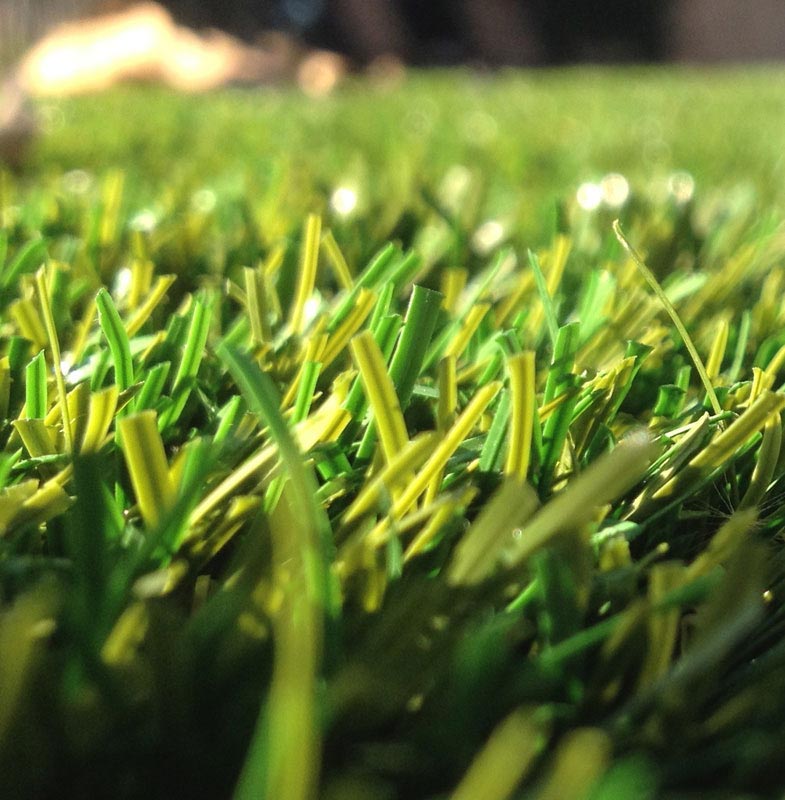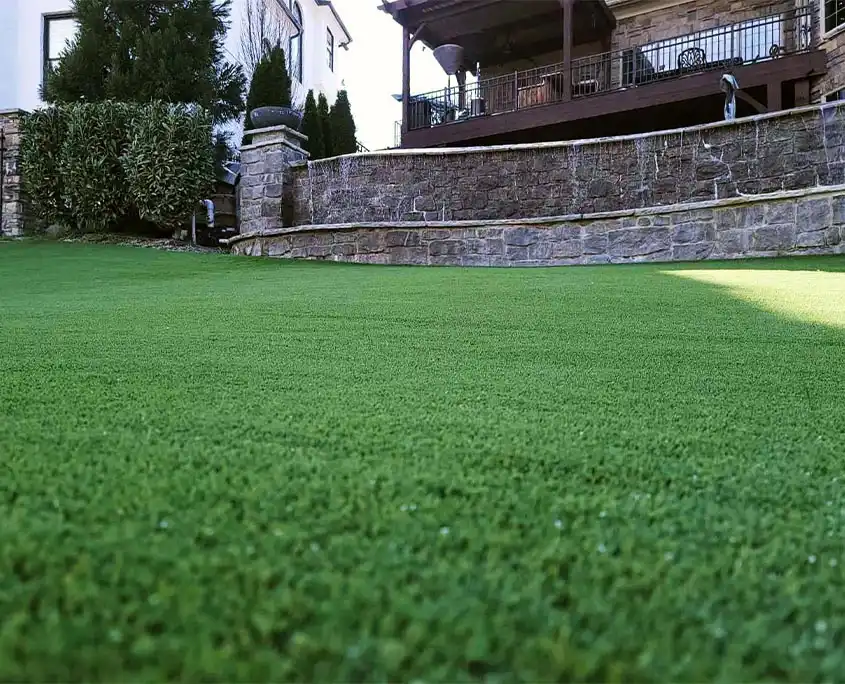Custom Turf Installation Phoenix AZ for Homes, Businesses, and Recreational Spaces
Custom Turf Installation Phoenix AZ for Homes, Businesses, and Recreational Spaces
Blog Article
Explore the Environmental Benefits of Opting for Artificial Lawn Solutions
The adoption of synthetic turf solutions provides an engaging possibility to resolve pushing environmental challenges. By substantially minimizing water use and decreasing the application of damaging chemicals, these options not only promote sustainable landscaping however also secure neighborhood communities.
Water Conservation Advantages
One of the most substantial benefits of man-made grass is its capability to save water. In contrast, artificial lawn does not need watering, substantially reducing the overall demand for water resources.
By getting rid of the need for routine watering, synthetic grass contributes to lasting landscape practices and assists minimize the environmental influence of excessive water usage. Furthermore, the preservation of water includes the reduction of drainage, which can lead to soil erosion and river pollution.
Furthermore, the installment of artificial grass permits home owners and municipalities to assign water sources extra efficiently, concentrating on necessary usages such as drinking water and agriculture. The shift towards man-made turf not only promotes accountable water usage however additionally straightens with more comprehensive environmental goals focused on preserving natural deposits.
As neighborhoods significantly focus on sustainability, the water preservation advantages of synthetic grass offer a compelling situation for its fostering in household and business landscape design projects.
Minimized Chemical Usage
The shift to synthetic lawn substantially decreases the reliance on chemical treatments typically used in natural yard maintenance. Standard lawn administration generally includes the application of herbicides, pesticides, and fertilizers to promote development and control bugs. These chemicals can present risks to human health and wellness, neighborhood wild animals, and the atmosphere, contributing to soil and water contamination.
In comparison, artificial turf eliminates the demand for these dangerous compounds. When installed, it needs minimal upkeep, primarily including routine cleansing and seldom infill replenishment. This reduction in chemical use not just profits the immediate setting however also adds to broader eco-friendly stability. By minimizing the release of artificial compounds right into the environment, synthetic grass advertises healthier dirt and water systems.
Moreover, the absence of chemical drainage related to synthetic grass installations assists shield local rivers from air pollution, supporting water life and preserving biodiversity. Arizona turf. As communities progressively focus on lasting practices, choosing for man-made lawn presents a practical option that straightens with ecological preservation goals. Through this shift, residential or commercial property proprietors can enjoy lavish green areas without jeopardizing ecological health and wellness, paving the means for an extra sustainable future
Lower Carbon Footprint

In addition, the installation of synthetic grass can lead to considerable water preservation. All-natural yards call for significant quantities of water next for irrigation, which not only contributes to the carbon footprint connected with water extraction and treatment however likewise pressures neighborhood water sources. On the other hand, artificial turf needs minimal upkeep, requiring no watering, thereby considerably decreasing water usage and its associated power costs.
Additionally, the longevity of synthetic grass adds to its reduced carbon impact. With a life-span visit of approximately 15 years or even more, the requirement for regular replacements is decreased, resulting in much less waste and reduced energy usage in manufacturing and getting rid of conventional turf alternatives. On the whole, fabricated lawn provides a sustainable option for eco mindful landscaping.
Environment Conservation
Environment preservation is a crucial factor to consider in the discussion over landscaping choices, specifically when comparing artificial lawn to all-natural grass. All-natural lawn lawns often call for substantial maintenance, consisting of using plant foods, pesticides, and herbicides, which can adversely affect neighborhood environments. These chemicals can seep right into the dirt and waterways, hurting native vegetation and fauna and interfering with regional environments.
On the other hand, fabricated lawn provides an opportunity to lower the environmental impact of landscaping. By selecting synthetic lawn, homeowners can decrease the disturbance of natural environments connected with standard yard care techniques. Synthetic grass removes the requirement for hazardous chemicals, consequently protecting nearby wild animals and preserving the stability of surrounding communities. Additionally, the installation of synthetic grass can cause the conversion of previous turf areas into more biodiverse landscapes, such as pollinator gardens or indigenous plant locations, which can support regional wild animals.
Inevitably, the transition to artificial turf not just conserves water and lowers maintenance efforts however also cultivates a much more harmonious relationship between human tasks and the native environment, advertising habitat conservation in the process.
Long-Term Sustainability
Long-lasting sustainability is a vital consider evaluating the advantages of synthetic grass over conventional turf lawns. Among one of the most substantial advantages of synthetic grass is its resilience; it can last as much as 15-20 years with minimal maintenance, whereas all-natural turf needs constant reseeding and substitute. This longevity reduces the requirement for constant resources, such as water, plant foods, and chemicals, which are crucial for preserving a healthy and balanced grass yard.
Furthermore, artificial lawn contributes to a reduction in carbon exhausts associated with grass treatment equipment. Traditional lawns usually require gas-powered mowers, leaners, and blowers, all of which add to air contamination. Arizona artificial turf. In contrast, synthetic grass eliminates the requirement for such tools, advertising a cleaner environment
Moreover, the production of synthetic grass progressively makes use of recycled materials, improving its sustainability profile. As producers embrace environment-friendly techniques, the ecological impact of synthetic grass remains to reduce.

Verdict
The fostering of synthetic grass options presents considerable ecological advantages, consisting of substantial water conservation, decreased reliance on unsafe chemicals, and a lower carbon footprint. Furthermore, synthetic grass aids in protecting all-natural habitats by reducing land disruption and advertising long-term sustainability through making use of long lasting materials. Jointly, these elements underscore the capacity of synthetic grass to add positively to ecological health and offer a feasible alternative to typical landscaping practices in an increasingly resource-conscious world.
In contrast, man-made grass does not need watering, significantly decreasing the overall need for water sources. By lessening the release of synthetic compounds right into the environment, fabricated grass promotes much healthier soil and water systems.
Additionally, the installation of man-made grass can result in substantial water preservation. In contrast, fabricated turf needs very little upkeep, calling for no watering, therefore substantially decreasing water use and its connected energy costs.

Report this page